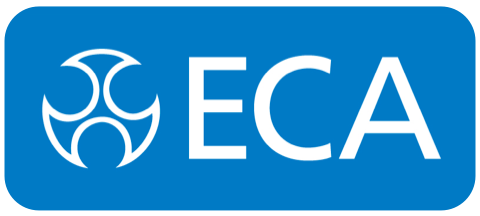.jpg.aspx?width=500&height=499&ext=.jpg)
The Microgeneration Certification Scheme (MCS) has launched the first Standard for battery installation. It details requirements for battery storage installers, suppliers and designers.
Named MIS 3012, the Standard was developed with input from renewable energy and solar organisations including Solar Energy UK, REA, AceOn Group, Tesla, Sonnen, Moixa and Powervault.
It covers installations up to 50kW and Electrical Energy Storage System (EESS) classes 1-4, which are defined as:
- Class One: all the components are in the same enclosure, or multiple enclosures from the same manufacturer but with no visible direct current (DC) cable
- Class Two: battery modules and inverter are in separate enclosures linked by a DC cable but both components from the same manufacturer
- Class Three: the same as class two, but the battery modules and inverter are from different manufacturers, requiring the installer to determine compatibility
- Class Four: all components, including battery modules, safety devices and inverters, could all be from different manufacturers but are selected and assembled by the installer to be compatible with each other
Registrations under MIS 3012 will sit alongside small scale renewable energy installations currently held within the MCS Installation Database (MID), which includes MCS certification of microgeneration technologies used to produce electricity and heat from low carbon sources, such as solar PV, heat pumps and biomass.
Ian Rippin, chief executive of MCS, said: “For installers, this represents a one-stop-shop for all their registrations without the need to access a different system. This is also about enabling the industry to deliver the best outcomes for the consumers it serves – the ability to search for all their renewable energy needs, including battery storage solutions, in one place.”
Last updated 30 November 21
